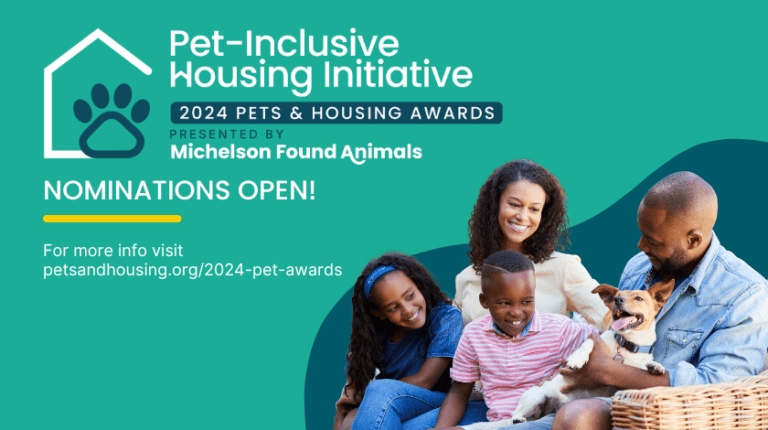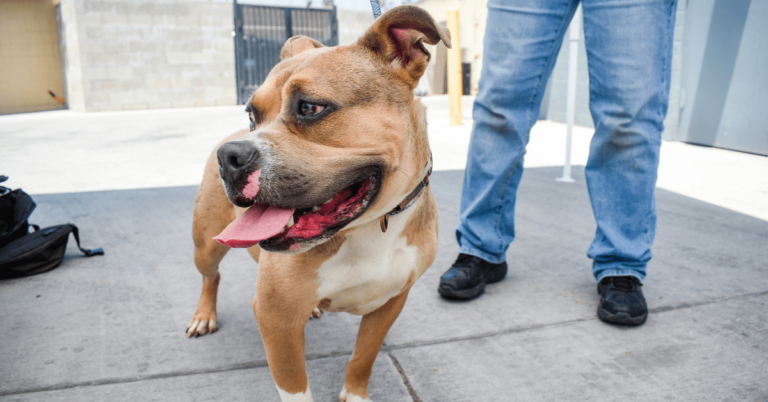What You Should Know About the US Cases of Coronavirus in Pets

Last updated July 30, 2020
Since March, a handful of cases of animals testing positive for the novel coronavirus have emerged, including the first cases in US households. It’s understandable for pet parents to worry, so we’ve broken down the known cases, what we know, and how families can keep themselves and their pets safe.
According to the Centers for Disease Control and Prevention, there is no evidence to suggest that animals play a significant role in spreading the virus that causes COVID-19. While the risk of animals spreading the virus to people is considered very low, it appears the virus may rarely spread from infected people to animals if they are in close contact.
To date, confirmed animal infections in the US are rare and minimal.
- July 30, 2020: Buddy, the first dog to test positive for COVID-19 in the U.S., has died from complications of the disease.
- June 2, 2020: A German Shepard in New York tested positive for the novel coronavirus.
- April 28, 2020: A pug in North Carolina was believed to be the first dog to test positive for the novel coronavirus. UPDATE: Test results later showed that the pug was never actually infected.
- April 23, 2020: Two cats in New York are the first pet cats to test positive for the novel coronavirus.
- April 22, 2020: Eight lions and tigers tested positive for the novel coronavirus at the Bronx Zoo.
What we know about these cases:
- In each of the cases, the animals were known or suspected to have come in close contact with humans who had tested positive for COVID-19.
- Some of the animals showed minor respiratory symptoms and made a full recovery, while others showed no symptoms at all.
- Despite one pet contracting the virus, other animals in the household tested negative.
- Experts suggest that pets could be a dead-end host, meaning that the virus is not replicating at high enough levels in the animal to be transmitted to people or other animals.
What you can do to keep your family and pets safe:
- Wash your hands before and after interacting with pets
- Practice good pet hygiene, including regular baths with mild soap and water and wiping paws after going out for walks.
- Practice the same social distancing measures for your pet as you do with yourself – keep pets 6 feet away from people and animals not living in your home, and limit exposure to potentially contaminated areas.
- Keep cats indoors to minimize their potential exposure in your community.
- If you are ill with COVID-19, you should restrict contact with pets and other animals, just as you would restrict your contact with other people.
Additional guidance on managing pets in homes and reducing risk of contracting COVID-19 is available from the CDC.


